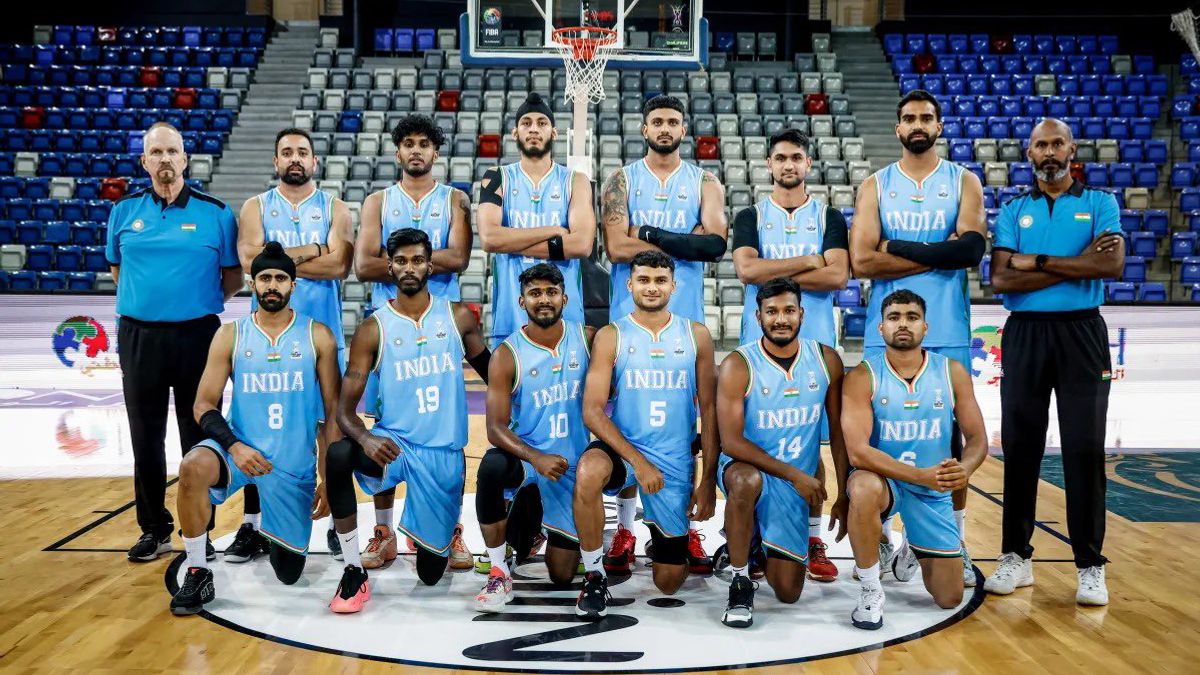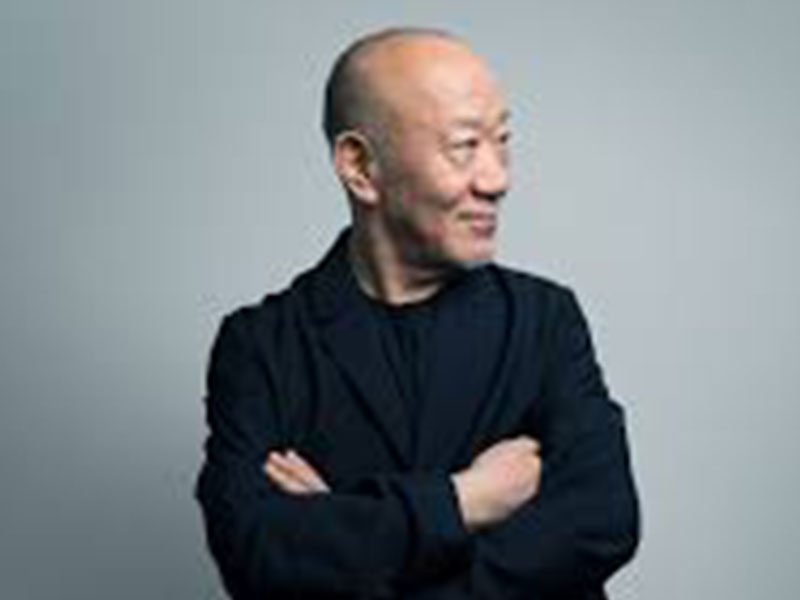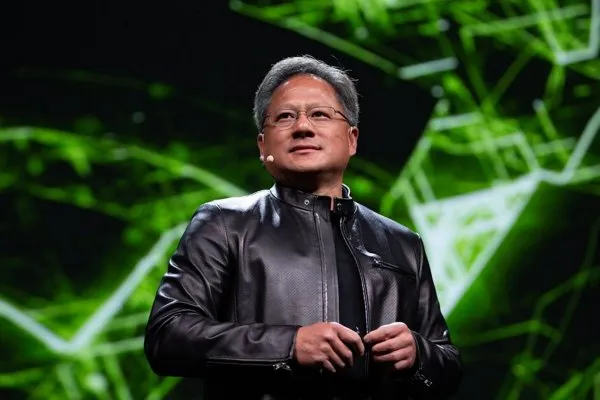Saudi Arabia makes its debut as host in a tournament that redefines regional basketball dynamics
From August 5 to 17, Jeddah, Saudi Arabia, will take center stage as the host city for the FIBA Asia Cup 2025. The continent’s top national teams will clash in a high-stakes tournament that promises intense matchups, breakout talent, and far-reaching implications for regional basketball. For Saudi Arabia, this event marks a strategic step in its Vision 2030 plan. For Asia, it signals the sport’s expanding influence and competitive depth.
Background: A first for Saudi Arabia, a milestone for Asian basketball
The 2025 edition will be the first time Saudi Arabia hosts the FIBA Asia Cup, a landmark event that reflects its rising status in global sports. This milestone aligns with the country’s Vision 2030, which emphasizes economic diversification through tourism, entertainment, and international partnerships. Over the past five years, Saudi Arabia has hosted premier events across Formula 1, esports, tennis, and boxing—with basketball now joining the roster.
All games will be held at the newly renovated King Abdullah Sports City Arena. With seating for over 10,000 spectators, advanced broadcast infrastructure, and designated zones for media and sponsors, the arena meets the demands of a modern, high-profile sporting event.
Sixteen national teams will compete for the title. Powerhouses like Iran, Japan, the Philippines, South Korea, and China will challenge Australia, the two-time defending champion. The Boomers are aiming for a third straight win since joining the FIBA Asia zone in 2017.
Strategic impact: Regional rivalries reignite with 2027 World Cup on the line
While Australia remains the favorite, the level of competition has never been higher. Japan’s B.League is producing top-tier talent, and stars like Yuta Watanabe and Rui Hachimura have elevated the nation’s global basketball credibility.
The Philippines, under the guidance of Tim Cone, is banking on a young, unified core. Their style blends traditional skill with modern tactics, and they enter the tournament with momentum from a surging domestic league.
Other nations—Lebanon, Jordan, and Chinese Taipei—are investing in advanced analytics, sports science, and dual-national athletes. This year’s tournament could produce upsets, highlight new stars, and alter the regional power map.
Importantly, only one team will automatically qualify for the 2027 FIBA Basketball World Cup, to be hosted in Qatar. With so much on the line, every game will matter.
Editorial insight: Jeddah’s tournament as a symbol of basketball diplomacy
Saudi Arabia’s decision to host isn’t just about prestige—it’s a strategic move in sports diplomacy. Through events like the Asia Cup, the Kingdom aims to reshape its international image, engage its youth, and become a destination for global sports and entertainment.
FIBA’s choice of Jeddah is equally meaningful. It reflects a growing interest in the Middle East as an emerging basketball market. The region combines financial capability, young populations, and untapped potential. This event may pave the way for Saudi Arabia to bid on 3×3 World Cups, Women’s Asia Cups, or even FIBA Intercontinental tournaments.
Meanwhile, streaming platforms like Courtside 1891, YouTube, and Tencent Sports will broadcast matches in real time. This digital accessibility allows fans across Asia and the diaspora to follow their teams—connecting communities and expanding the sport’s reach.
Cultural and economic dimensions: Why this tournament matters
The Asia Cup will deliver more than just entertainment. It will have lasting economic and cultural impact on Jeddah and beyond.
Hotels in districts such as Corniche and Al-Rawdah are already seeing a rise in bookings. The local hospitality industry is preparing for a tourism boost. Restaurants, transit providers, and event vendors will benefit from the influx of fans, media, and staff.
- On the cultural front, Saudi broadcasters like NBC Sports and Saudi TV are producing original documentaries, team features, and game-day coverage. These efforts aim to inspire national pride and spotlight the country’s evolution as a sports host.
From a business standpoint, the tournament opens doors for sponsorships. Global brands in apparel, fintech, and telecoms are activating campaigns in and around the arena—aligning themselves with Saudi Arabia’s growing image as a sport-forward market.
Future outlook: The beginning of Asia’s basketball transformation
The FIBA Asia Cup 2025 will have ripple effects across the continent. Countries such as India, Nepal, Kazakhstan, and Bangladesh are already launching youth development programs, infrastructure upgrades, and training academies. These moves aim to build competitive teams and grow domestic fan bases.
Moreover, the tournament could lead to stronger collaboration between FIBA and local leagues in areas like officiating, athlete welfare, and data analytics. With commercial investments rising and the quality of play improving, Asia is well-positioned to become the second-most influential basketball region globally, after North America.
Conclusion: Asia’s basketball awakening begins in Jeddah
The FIBA Asia Cup 2025 is not just a tournament—it’s a turning point. For Jeddah, it represents capability and ambition. For Asia, it affirms that basketball is not a fringe sport anymore—it is mainstream, competitive, and increasingly global.
As players fight for regional supremacy and fans engage across platforms, this tournament offers more than a title. It offers a vision of unity, energy, and upward momentum. In hosting this event, Saudi Arabia doesn’t just enter the conversation—it helps lead it. And in doing so, Asia takes a bold step forward in basketball’s global future.















